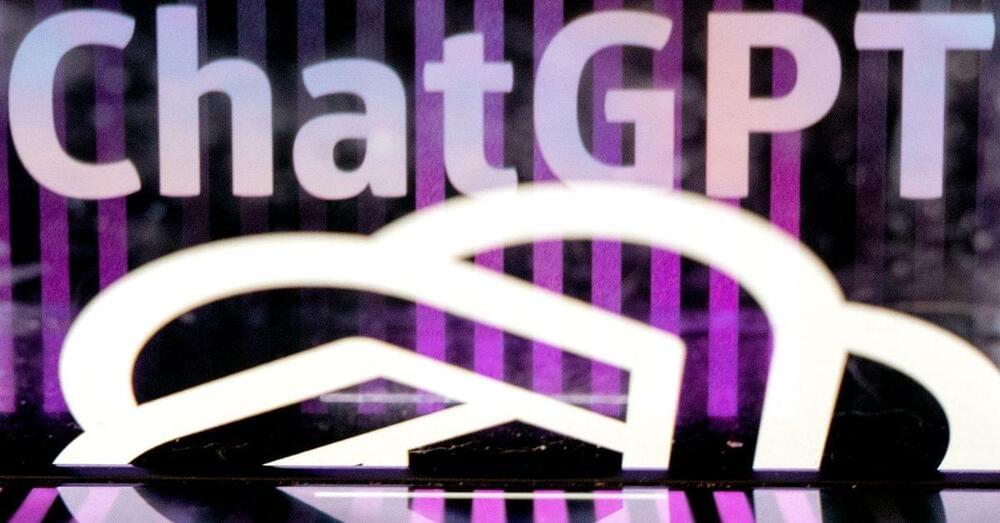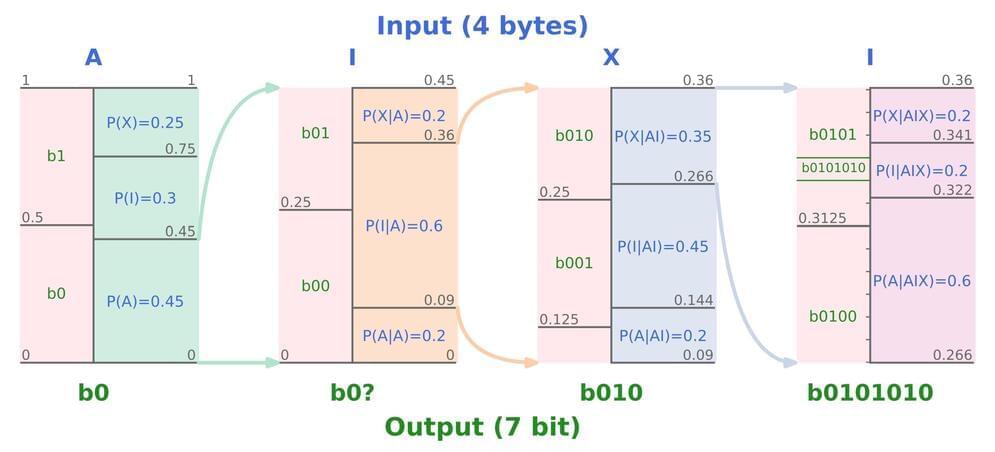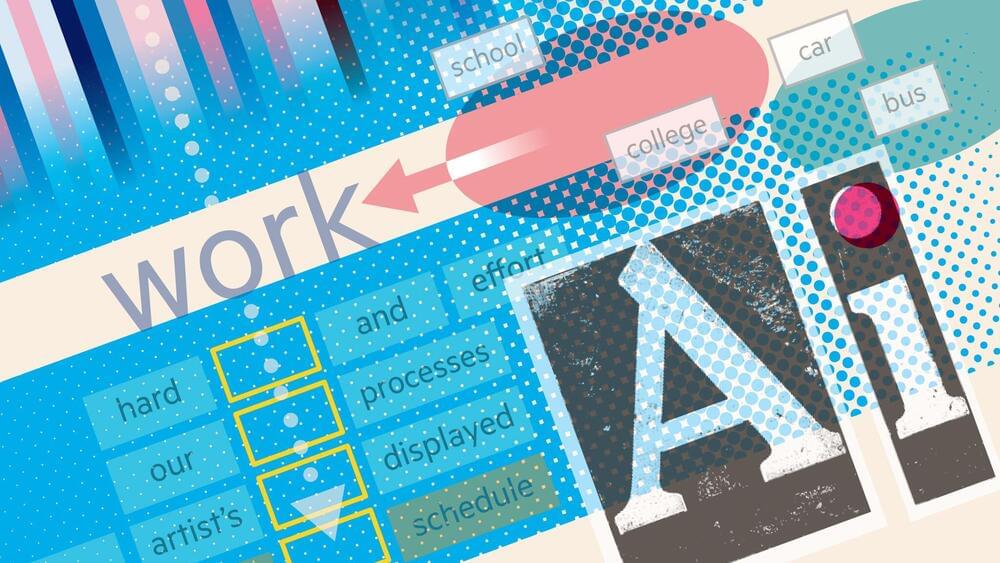Artificial intelligence is changing health care. It promises better diagnoses and fewer mistakes and all in less time. While some associate AI with a frightening dystopian future, many doctors see it as a source of support.
To help them care for patients, doctors are programming apps and supplying AI with data. At Berlin’s Charité hospital, Professor Surjo Soekadar is researching how neurotechnology might support paralysis patients in their everyday lives — for example, via assistance systems that are controlled via their thoughts.
This could offer hope to people like Guido Schule and Anne Nitzer had a stroke shortly after the birth of her second child and has been unable to move or speak since then — even though she is fully conscious.
At Vienna General Hospital (AKH) Professor Ursula Schmidt-Erfurth has already developed an AI-based diagnostic tool that has been licensed for use. Nowadays, she is researching how AI could improve both the diagnosis and the treatment of age-related macular degeneration (AMD). This chronic eye disease can lead to loss of vision — even with treatment. This is a fate that Oskar Zlamala could face. But since the retiree began treatment at the AKH Vienna, he is hoping that it might be possible to halt the progression of his illness.
Computer science experts and medics are also working together to help the Essen University Hospital go digital. Dr. Felix Nensa and Professor Arzu Oezcelik are improving care for transplant patients with the help of artificial intelligence. AI can calculate the size of organs, like the liver, for example, much more precisely and more quickly than people — and thereby improve outcomes and the safety of the procedure.
#documentary #dwdocumentary #health #artificialintelligence.






